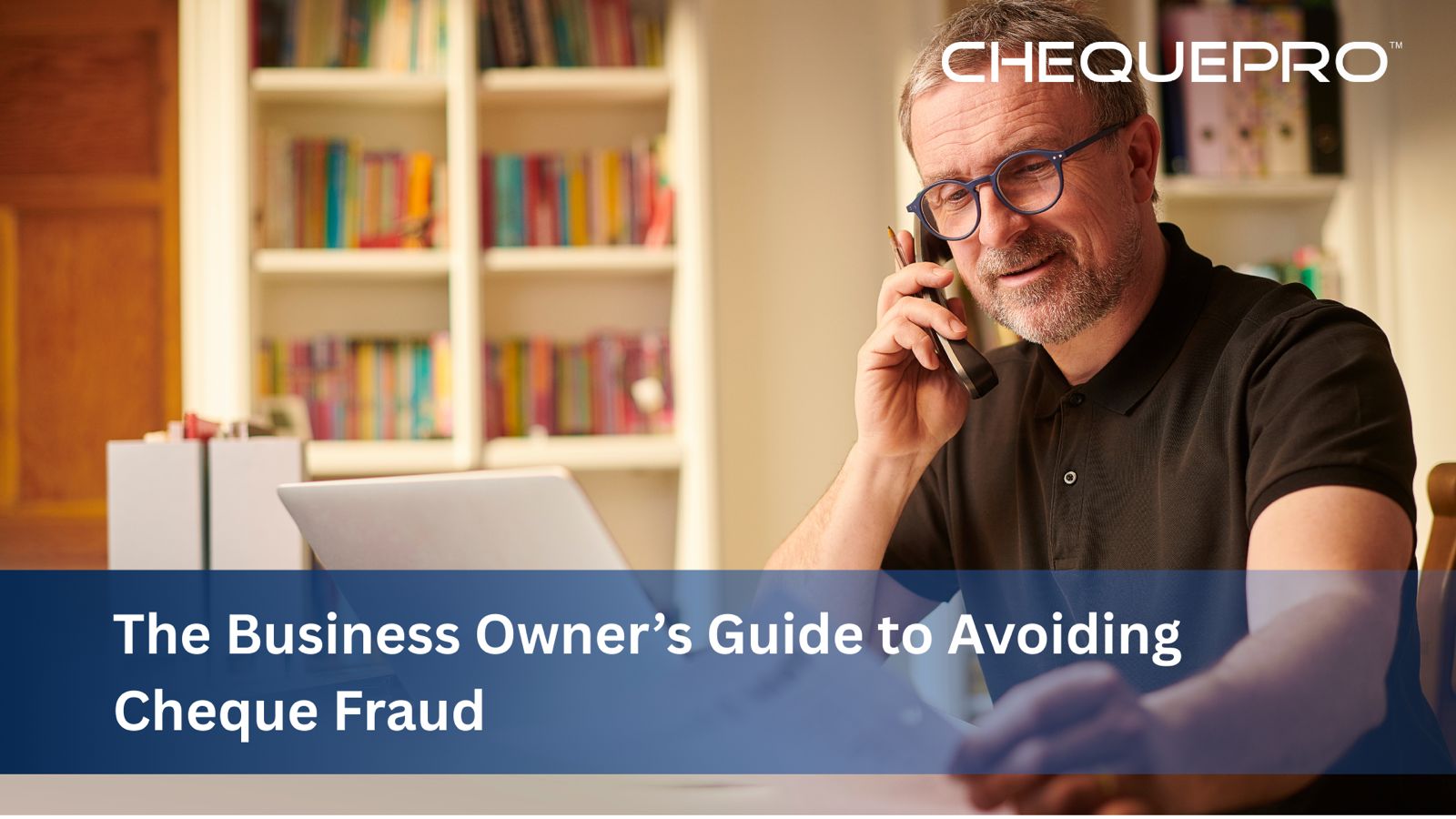Introduction
Cases of cheque fraud often come up in the news, but one that stood out to me involved a well-established company that almost lost lakhs because a cheque number had been reused. Only careful reconciliation stopped it from slipping through.
And this isn’t an isolated story. During research, I found out that in 2023 alone, cheque fraud cost businesses in the US around $21 billion. That’s close to 80 per cent of all global losses. Now, large corporations might absorb this shock, but for smaller businesses, the impact can be far more damaging.
It’s a reminder of how serious cheque fraud has become for businesses everywhere. In this blog, we’ll take a look at the steps companies can take to protect themselves.
Cheque Fraud’s Effect on Small and Large Businesses
For a small business, one bad cheque can disrupt its whole enterprise. Working capital disappears overnight. Bills pile up. Suppliers start chasing payments that the owner swears were already sent. And sometimes, the hit is so sharp it means cutting staff or closing doors for good. This can seriously affect someone’s livelihood.
Now, big firms deal with it differently. For example, in Rashtriya Chemicals and Fertilisers in India, sixty-two cheques worth ₹31 crore went missing. And the fraud only surfaced when someone noticed a single cheque of ₹48.50 lakh looked off. The payee’s name was handwritten instead of the usual printed payee name. This tiny detail set off many alarms, but by then, the damage was done.
The difference is, a company of that size can usually absorb the financial blow. What’s harder to recover is the trust. Investors start questioning how something so basic got overlooked. Clients get wary. And reputations, once they take a hit, don’t bounce back as quickly as balance sheets do.
Also Read: Cheque Fraud in Banking: Common Scams and Security Measures
Safeguards That Actually Work
So, what can business owners actually do? There’s no magic fix, but you can add small layers of protection to keep your cheques safe. These are some of the measures you can adopt to prevent cheque fraud:
- Positive Pay:
In this, you hand your bank a list of every cheque you’ve issued. When a cheque shows up for clearing, the bank checks it against your list. If anything looks off, it gets flagged. It’s like having the bank proofread your work before anyone else sees it.
- Guard the Paper:
Cheques are still physical objects, and that makes them vulnerable. Keep it locked in a safe. And if you’re mailing out an important payment, use a courier you can track.
There was a Wisconsin case where a routine envelope was intercepted and washed. It happened due to the mail getting into the wrong hands.
- Internal Checks and Balances:
A lot of small businesses let one trusted employee handle the whole process of cheque processing. This means no one’s double-checking.
So, my suggestion would be to split the duties if you can. For larger amounts, make two signatures mandatory. And take the time to teach staff what forged or altered checks might look like.
- Daily Account Monitoring:
You can significantly prevent and flag any odd movement in your payments if you monitor your account daily. I know it sounds like a chore, but a quick peek at your account every morning can save a lot of pain later.
Waiting for a monthly statement is basically giving fraudsters a four-week head start. By then, the damage is done.
Use Cheque Printing Software to Stay Ahead of Cheque Fraud
For added protection, my advice would be to invest in a good cheque printing software. Softwares like ChequePRO add built-in security features and tightens how payments get issued. It turns every cheque into something much harder to tamper with.
For a lot of businesses, that extra layer is what keeps small mistakes from snowballing into big losses.
This is how ChequePRO can help you prevent cheque fraud:
- Security baked in: It adds extra protection through watermarks, micro-text, and encrypted barcodes. These are tiny details you don’t notice at a glance, but that are a nightmare for someone trying to fake or alter a cheque. If a criminal tampers with it, the mark shows up.
- Smarter formatting: The software lines up words with numbers and adds protective symbols to block those small inconsistencies that fraudsters love to exploit. It’s almost like spellcheck, but for money.
- Two sets of eyes. With maker-checker controls, one person prepares the cheque and another approves it. It may sound like an extra step, but that small layer makes internal fraud and plain human error much less likely.
- Clear footprints. Every move, like who printed, who signed, and when it happened, gets logged. And if something looks suspicious, the system can throw up a warning before the damage spreads.
Also Read: Tamper-Proof Technology: Why It Matters Now More Than Ever
Conclusion
The sad part is that once money is gone, it’s usually gone. The data suggests that in 2024, only about 22% of businesses recovered most of what they lost to cheque fraud. This is because legal processes dragged on for months. Many business owners admitted it cost them almost as much to chase the funds as the fraud itself.
For business owners, my suggestion would be to treat fraud prevention as a routine part of operations, the same way you’d treat taxes or insurance.
A layered defence works best. So, employ various levels of security to safeguard your cheques. Another important advice would be to invest in technology like ChequePro as a reliable cheque printing solution.
Because at the end of the day, it doesn’t take more than one bad cheque to throw your whole month off balance. Protect your business from cheque fraud before it happens, not after.




